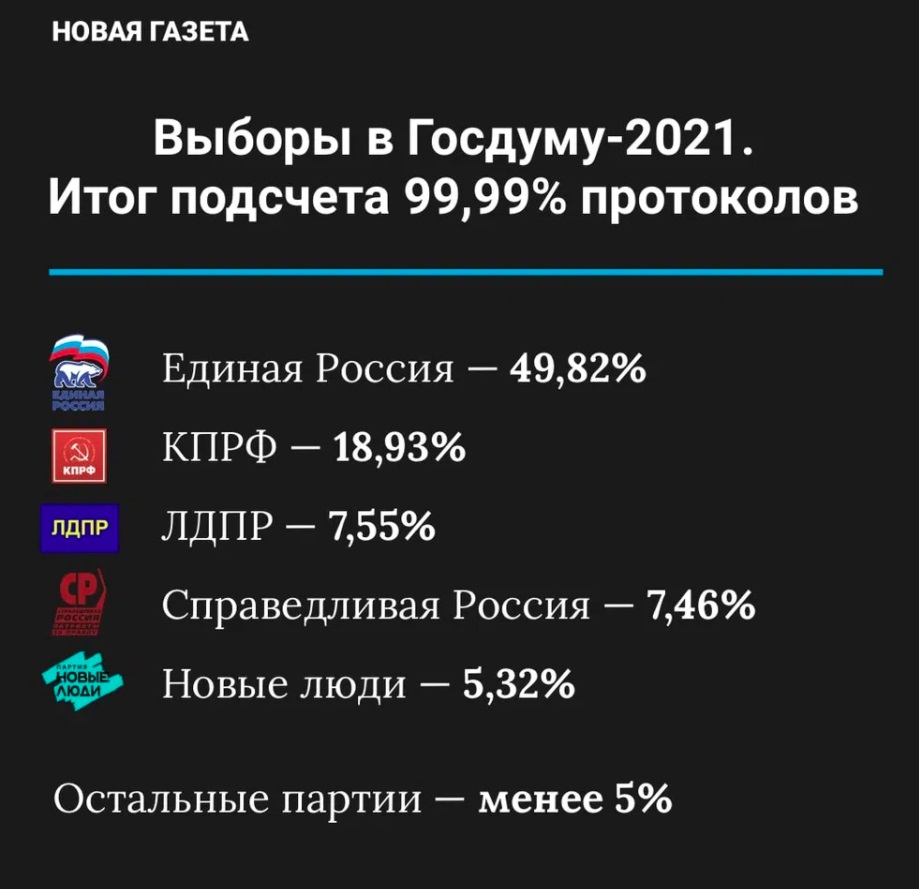The three-day long elections that were held in Russia have shown in no uncertain terms that United Russia – the ruling party, the President’s party – has received unwavering support from society at large with the communist party taking second place. A few political groupings received barley enough vote to have some representation in the Duma, the Russian parliament. The votes cast for United Russia translate into parliamentary seats in such a way that the ruling party can govern without looking for support to other political forces.
The Russian United Democratic Party Yabloko (apple) – the darling of the West – has gained in the neighbourhood of one – ONE – percent of the vote, so – predictably – their activists have reported to their Western sponsors “numerous and huge violations” at the polling booth. Didn’t we know it in advance!
The case of Alexei Navalny that played out a couple of months ago proved to be of no avail. Russians and the members of the many small nations inhabiting the Federation remember all too well the sad period of the nineties when liberals and free market enthusiasts promised paradise on earth and delivered poverty and lawlessness instead. Some representatives of the older generation and – surprise! – many young Russians voted for communists, despite years of reeducation by means of schools, entertainment and the mass media, where constant attempt has been made to present Soviet Russia as evil incarnate. The figure of Joseph Stalin touted as a tyrant on a par with Adolf Hitler has also gained in popularity.

Единая Россия – United Russia; КПРФ (Коммунистическая Партия Российской Федерации) – The Communist Party of the Russian Federation
If the collective Post-West once wanted to turn Russia into something reflecting Western so-called democracies, then the opportunity for it that presented itself in the follow-up to the dissolution of the Soviet Union has been lost irreversibly. Privatization and individualism were the order of the day, which led to creating the law of the jungle: billionaires appeared out of thin air, assassinations plagued the big cities while common citizens queued up for hours to get bread and other life necessities, with some of them waiting for months for their salary or wages.
Much time has passed since the infelicitous presidency of Boris Yeltsin. Russians could have forgotten about the nineties but for Ukraine, Russia’s neighbouring country. On a daily basis they can see how well Ukrainians fare and how much they have gained from their reliance on the Post-West. Suffice it to say that it is not Russians who emigrate to Ukraine to look for employment but the other way round.



